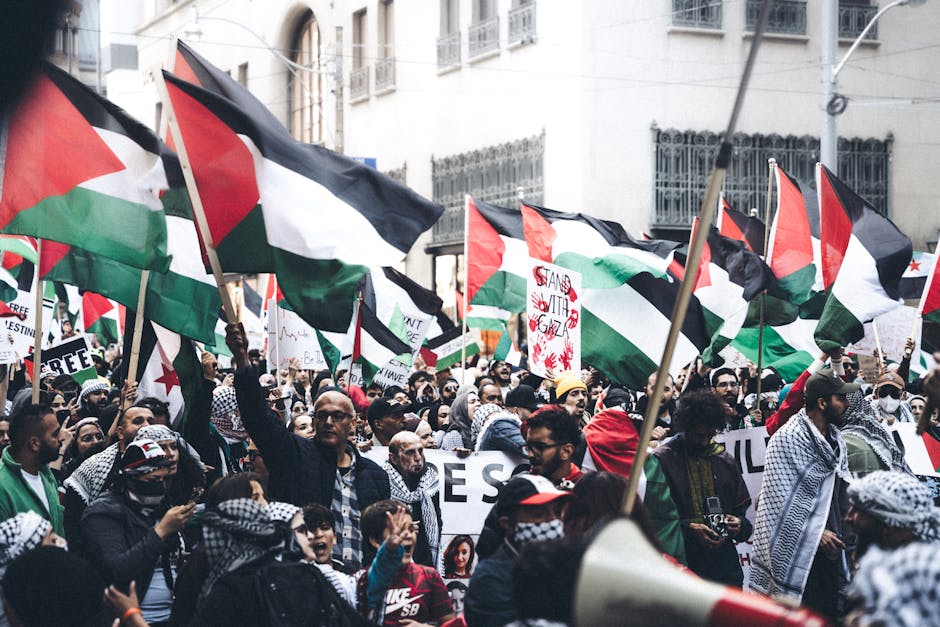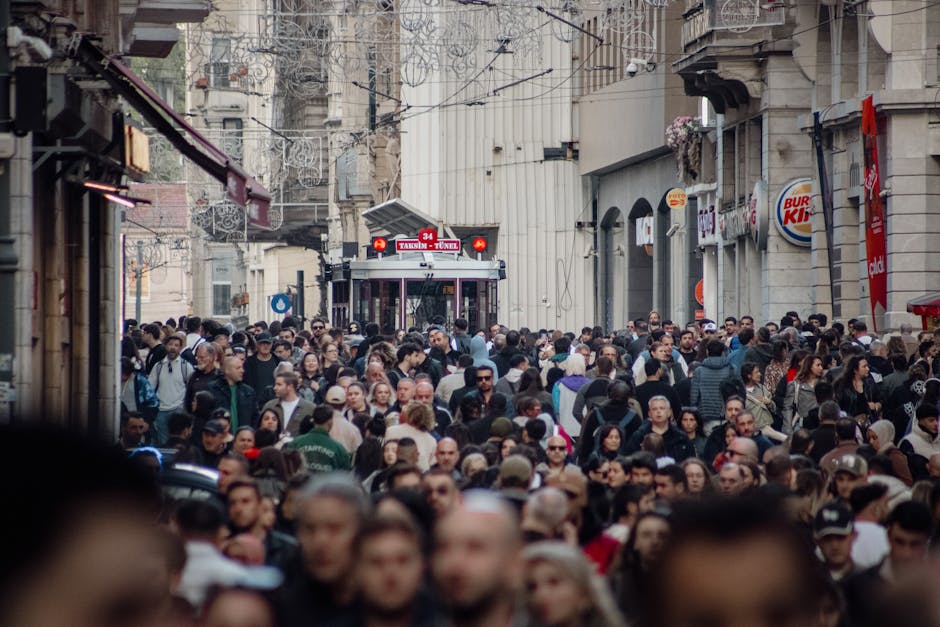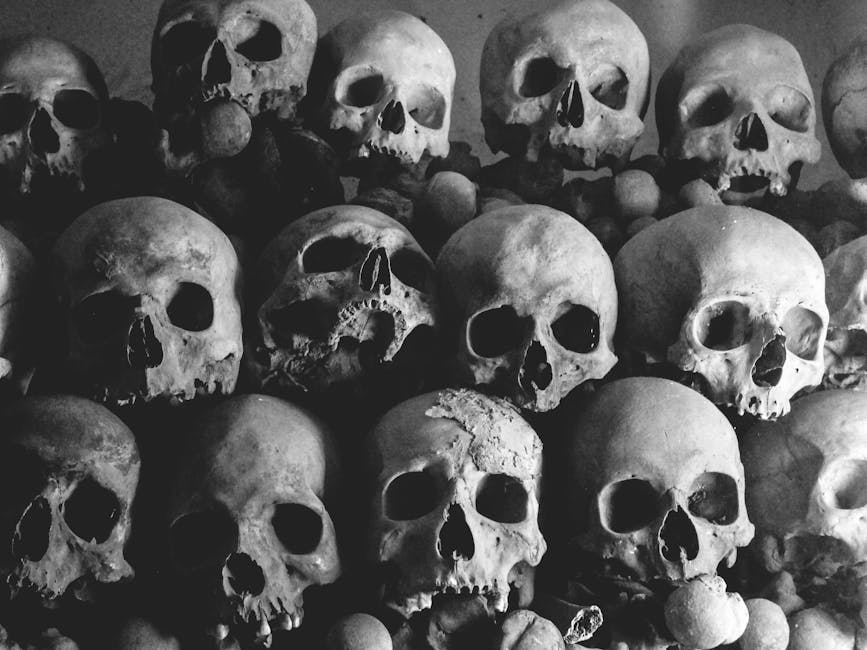Activists Allege Harsh Treatment During Detention
Activists aboard a Gaza-bound flotilla have accused Israeli authorities of mistreatment during their detention, reigniting debates over human rights and Israel’s handling of humanitarian missions. The activists, part of a mission to break the Gaza blockade, claim they endured physical abuse, psychological intimidation, and inhumane conditions while in custody.
The Gaza Flotilla Mission Intercepted
The flotilla, which departed from Turkey earlier this month, included activists, journalists, and aid workers from over a dozen countries. Their goal was to deliver essential supplies like food, medicine, and medical equipment to Gaza, which has been under an Israeli and Egyptian blockade since 2007. However, the Israeli Navy intercepted the flotilla in international waters, detaining all on board.
Testimonies of Abuse
Several detainees have shared harrowing accounts of their treatment. Maria Gomez, a Spanish activist, stated, “We were handcuffed, blindfolded, and denied basic necessities like water and toilets for hours. Some of us were punched and kicked during the arrest process.” Ahmed al-Masri, an Egyptian journalist, reported verbal abuse and threats, with Israeli soldiers mocking the mission as a “waste of time” and accusing activists of supporting terrorism.
Human Rights Organizations Demand Accountability
The allegations have drawn condemnation from human rights groups. Amnesty International called for an independent investigation, stating, “The treatment of these activists raises serious concerns about Israel’s adherence to human rights standards.” Meanwhile, Israeli officials defended the interception, citing national security concerns. An IDF spokesperson said, “While we strive to treat detainees humanely, operational necessities sometimes require strict measures.”
Broader Implications for Gaza and International Relations
This incident echoes the 2010 Gaza flotilla crisis, which resulted in the deaths of nine Turkish activists and strained Israel-Turkey relations. With Gaza’s humanitarian crisis worsening—exacerbated by the COVID-19 pandemic—activists argue that such missions are essential. The UN has described Gaza as “unlivable,” with hospitals struggling amid shortages of supplies and electricity.
Calls for Justice and Solidarity
As activists are released and deported, calls for accountability grow louder. Maria Gomez emphasized, “This is not just about Gaza; it’s about standing up for justice and human dignity.” The international community continues to monitor Israel’s response, with pressure mounting for measures to prevent similar incidents in the future.




